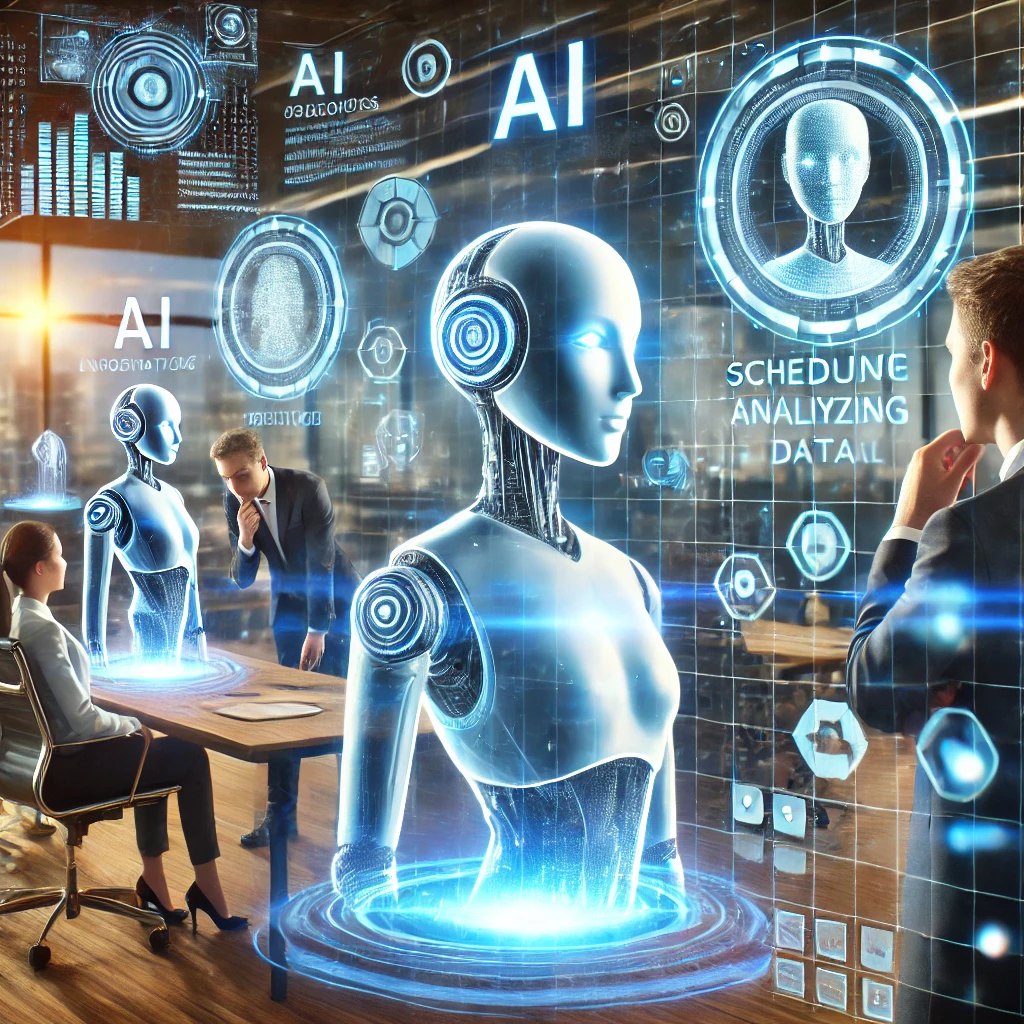At the Ignite 2024 conference, Microsoft unveiled its latest advancements in artificial intelligence, pitching a new wave of generative AI tools as autonomous “agents” capable of performing complex tasks independently. These AI agents promise to revolutionize productivity by handling responsibilities such as scheduling, analyzing data, and interacting with other systems, freeing users from routine chores.
The Promise of AI Agents
AI agents are being positioned as the next leap in generative AI, surpassing traditional chatbots by integrating advanced decision-making and execution capabilities. They aim to create a seamless digital assistant experience, where tasks are not just suggested but completed autonomously, driving efficiency in both personal and professional contexts.
High Costs Raise Questions
Despite the enthusiasm, the high costs associated with developing and deploying these AI tools have tempered expectations. Investors are scrutinizing whether the technology’s long-term benefits justify the hefty financial and computational investments. The energy-intensive processes required to train and operate these systems remain a significant hurdle.
Industry Outlook
While skepticism lingers, Microsoft is doubling down on the potential of these AI agents, partnering with developers and enterprises to explore scalable applications. Early adopters see opportunities in industries like finance, healthcare, and logistics, where autonomous systems can have transformative impacts.
The Road Ahead
As the industry wrestles with balancing costs and innovation, AI agents represent both a challenge and an opportunity. Microsoft’s vision highlights a broader trend toward creating smarter, more autonomous systems, though their widespread adoption hinges on making the technology more accessible and efficient.


